Page 5
Category: Regulations
-

Eyes on commercial and industrial refrigeration
The federal government has opened public consultation on options to reduce the use of high global warming potential (GWP) refrigerants in the commercial and industrial refrigeration sector.
-

Ban on small AC finalised – plus new penalties
The federal government has amended The Ozone Protection and Synthetic Greenhouse Gas Management Regulations to ban the import and manufacture of small air conditioning systems using high-GWP refrigerants.
-
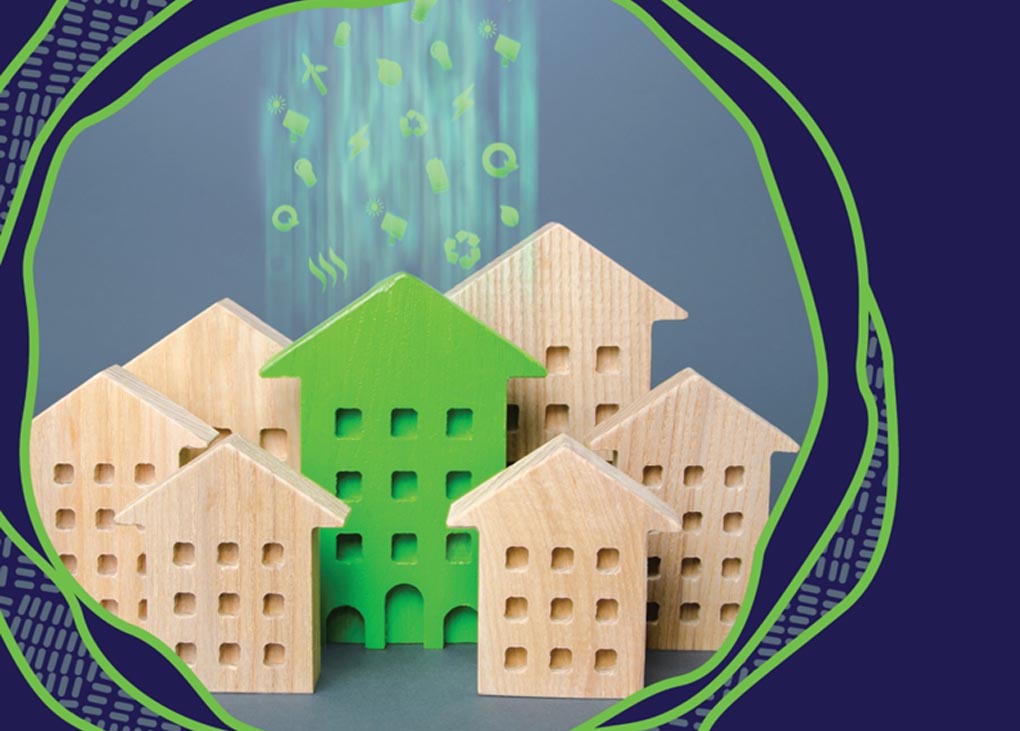
Expanding mandatory disclosure of building performance
The Commercial Buildings Disclosure Program is set to expand – and government is seeking input on how this should be done.
-
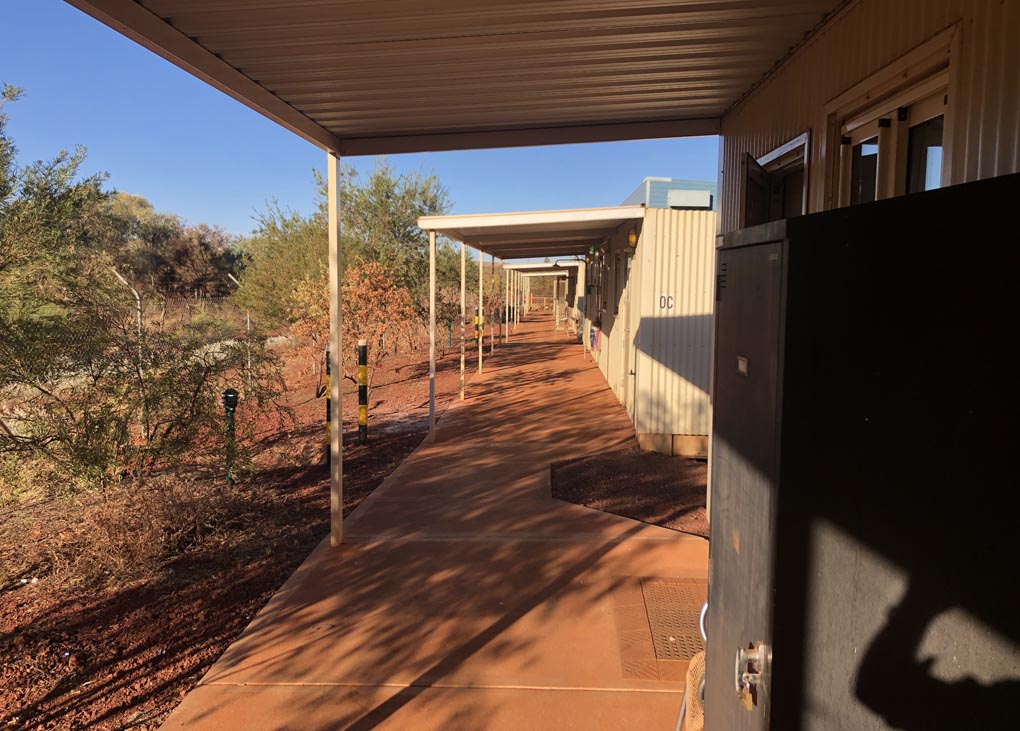
Ventilation failing thousands of remote workers
Much has been made of the poor ventilation in Australian classrooms, but the situation is even more dire for thousands of mining, construction and agriculture workers, according to experts in the field.
-
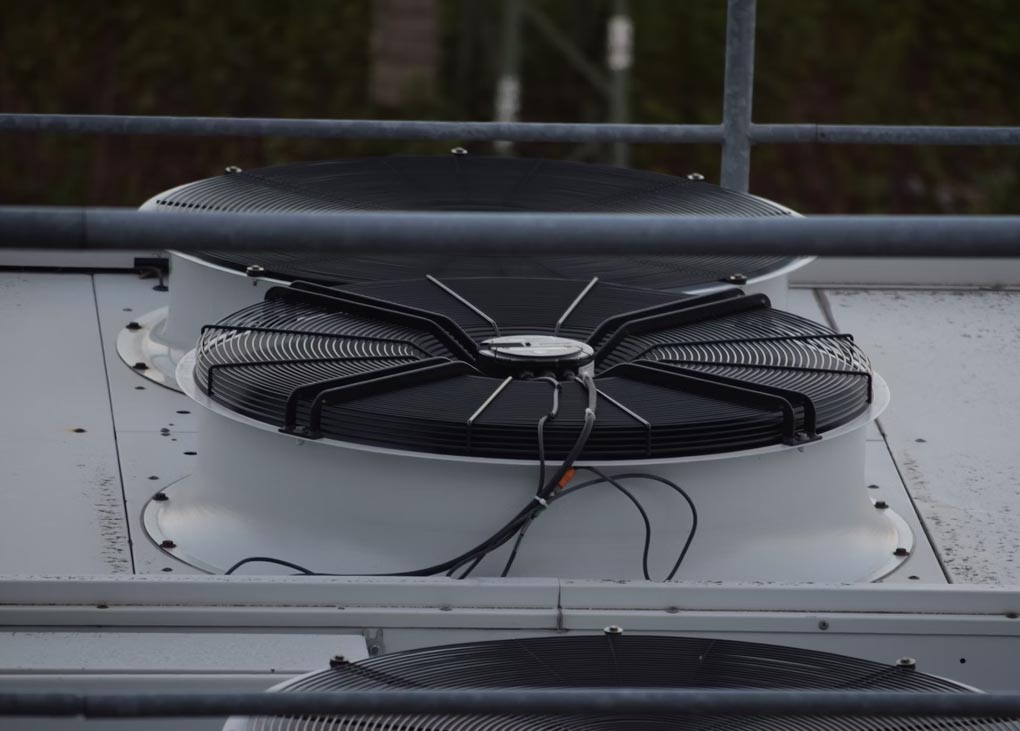
Fan efficiency standard open for comment
Draft standard AS/NZS ISO 12759.1 Fans — Efficiency classification for fans, Part 1: General requirements is open for public comment through the Standards Australia website.
-

Air conditioning mandatory in new rental standards
The Victorian government is calling for feedback on proposed new minimum standards for rental homes and rooming houses related to energy efficiency and safety. This includes, for the first time, a requirement for cooling.
-
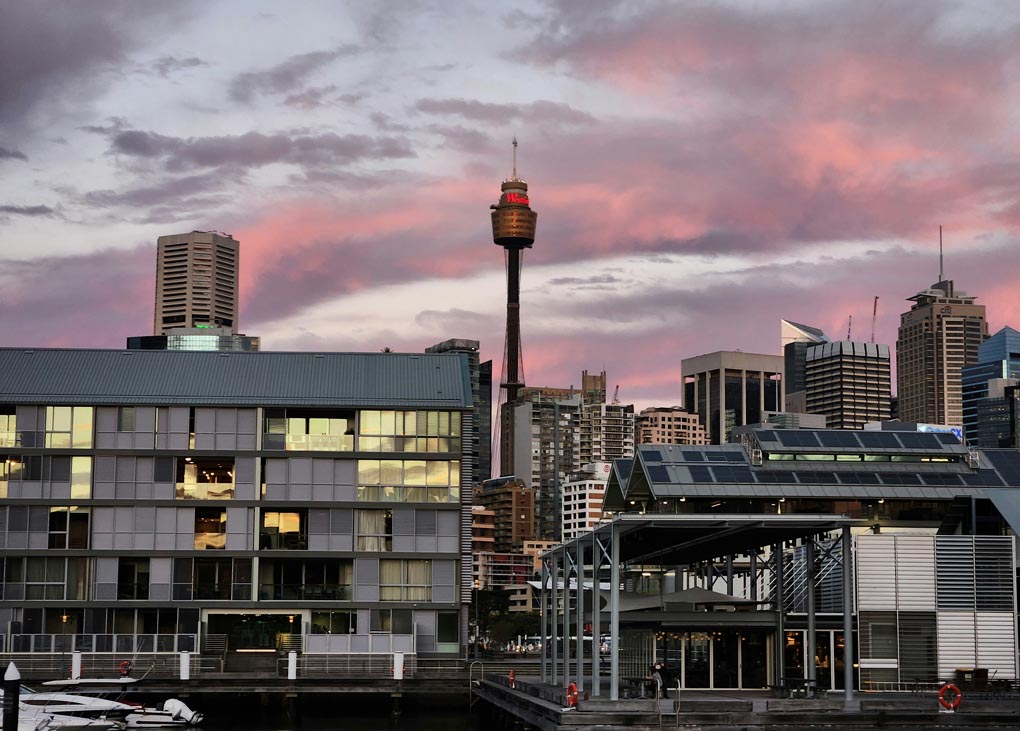
NSW reviewing professional registration rules
The NSW government is reviewing the Design and Building Practitioners (DBP) Act, which requires engineers to be professionally registered.
-
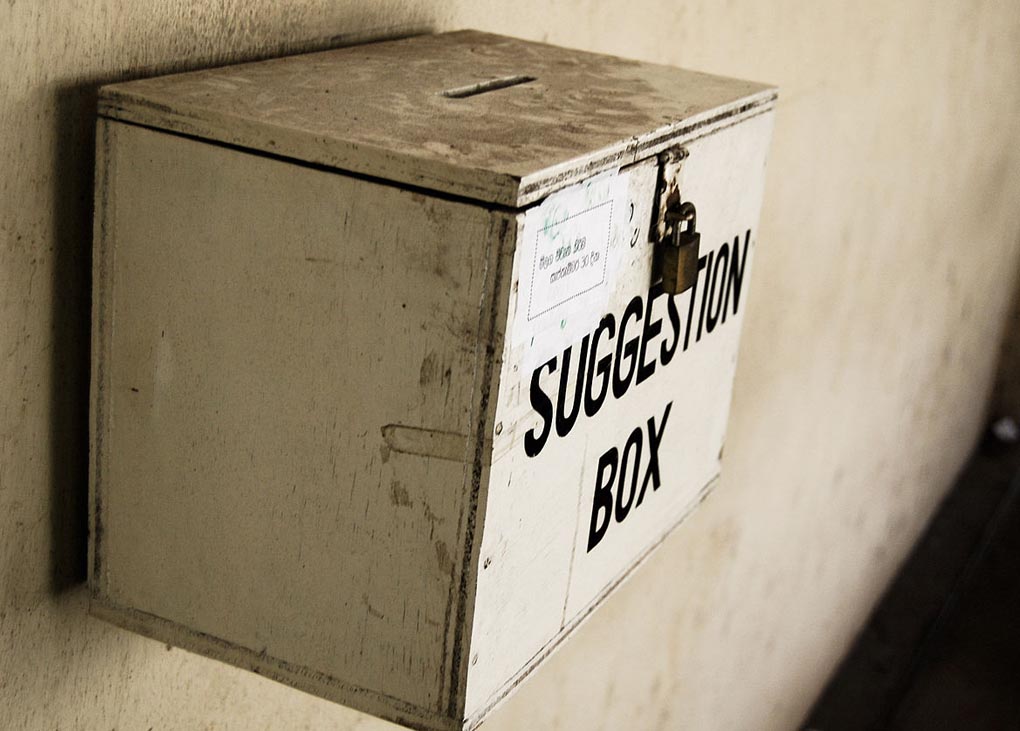
ACCU scheme invites new emissions reduction methods
DCCEEW has announced that it will receive suggestions for new methods of emissions reduction under the Australian Carbon Credit Units (ACCU) scheme.
-

Researching homeowners’ electrification journeys
Researchers at UTS are researching and documenting “typical journeys” of homeowners who are undertaking renovations, appliance upgrades and electrification.
-

Getting to grips with NCC 2025 – AIRAH’s view
We look at some of the key proposed changes in NCC 2025 for those working in HVAC&R building services – and AIRAH’s position on them.
-

Call for comment on skilled migration list
Jobs and Skills Australia is seeking feedback on a draft Core Skills Occupation List (CSOL), that will feed into the federal government’s revised migration strategy.
-
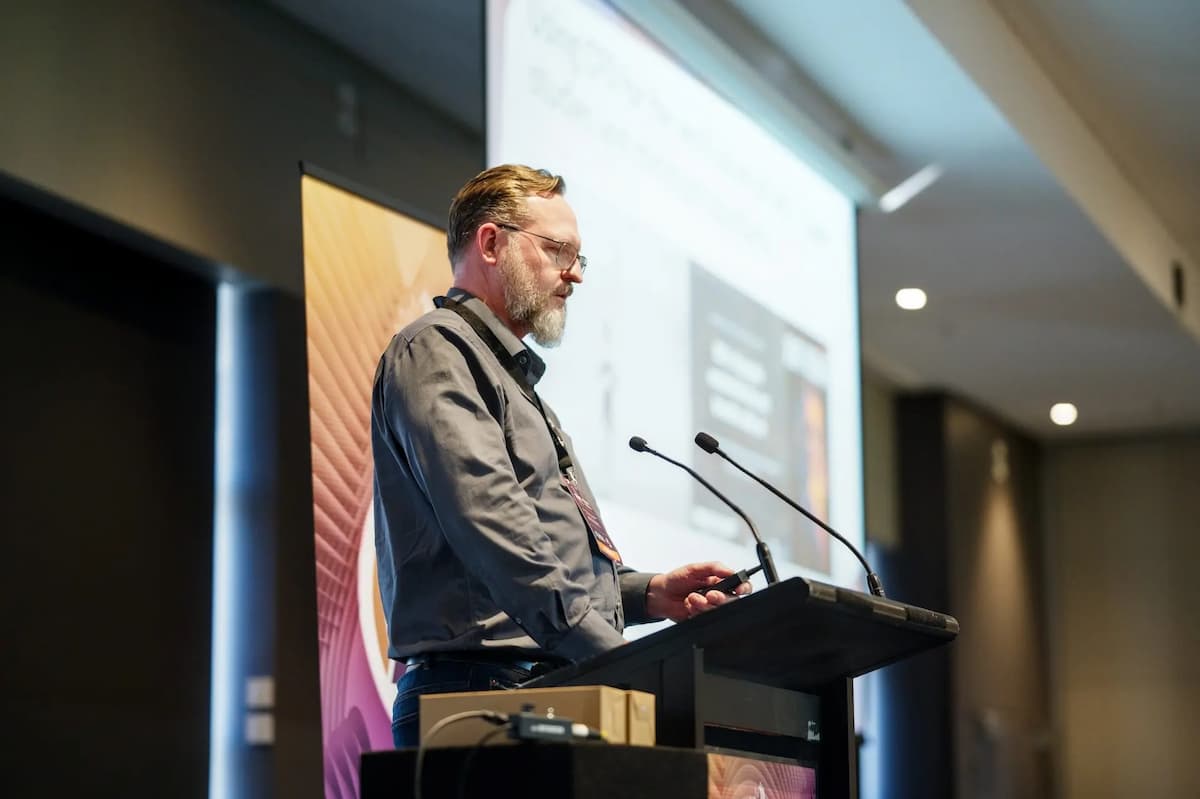
AIRAH to host webinar on NCC 2025 public comment draft
AIRAH is slated to host a webinar on the NCC public comment draft on Thursday, May 16, 2024, from 12:30-1:45pm AEST.
-

Proposal to unshackle standards development from NCC
A new system is being proposed that would allow the most recent versions of Australian Standards to be called up in the National Construction Code.
-

NCC 2025 open for public comment
The Public Comment Draft for the next edition of the National Construction Code (NCC) is open for comment until 11:59pm AEST on July 1, 2024.
-

Call for comments on health regulation reforms
The Victorian government is proposing legislative reforms to improve the regulatory tools available under health portfolio legislation.
-

Government pulls green procurement lever
The Australian government is mandating the procurement of environmentally sustainable goods and services across the Commonwealth.
-
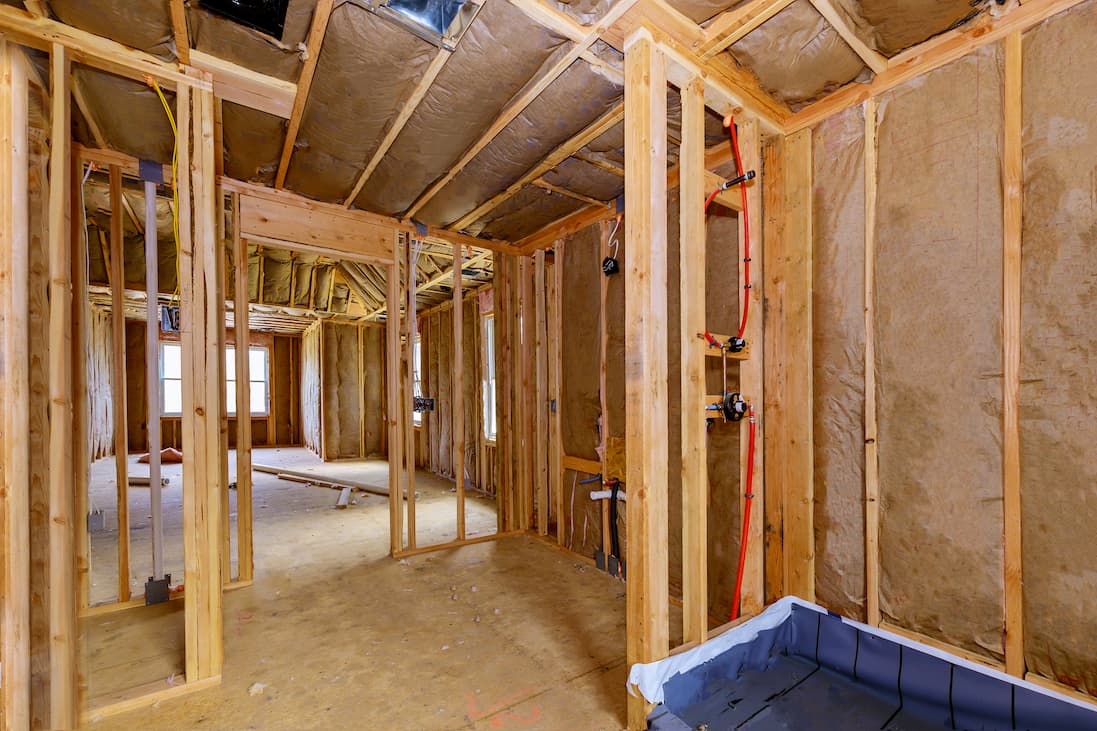
NCC changes to come into effect on May 1 in Victoria
NCC requirements for new livable housing and updated energy efficiency and condensation management will come into effect on May 1, 2024.
-

Australia takes aim at 2035 emissions target
Australia, as a signatory of the Paris Agreement, is due to submit its 2035 emissions reductions target early next year. How ambitious will it be?
-

Albanese announces plan to boost Australian manufacturing
Prime Minister Anthony Albanese has announced an ambitious plan to revitalise Australia’s advanced manufacturing sector.
-

VEU considering co-payment and warranties
The Victorian Energy Upgrades (VEU) program is consulting on introducing co-payment and warranty requirements for space heating and cooling, water heating, and cold room upgrades.